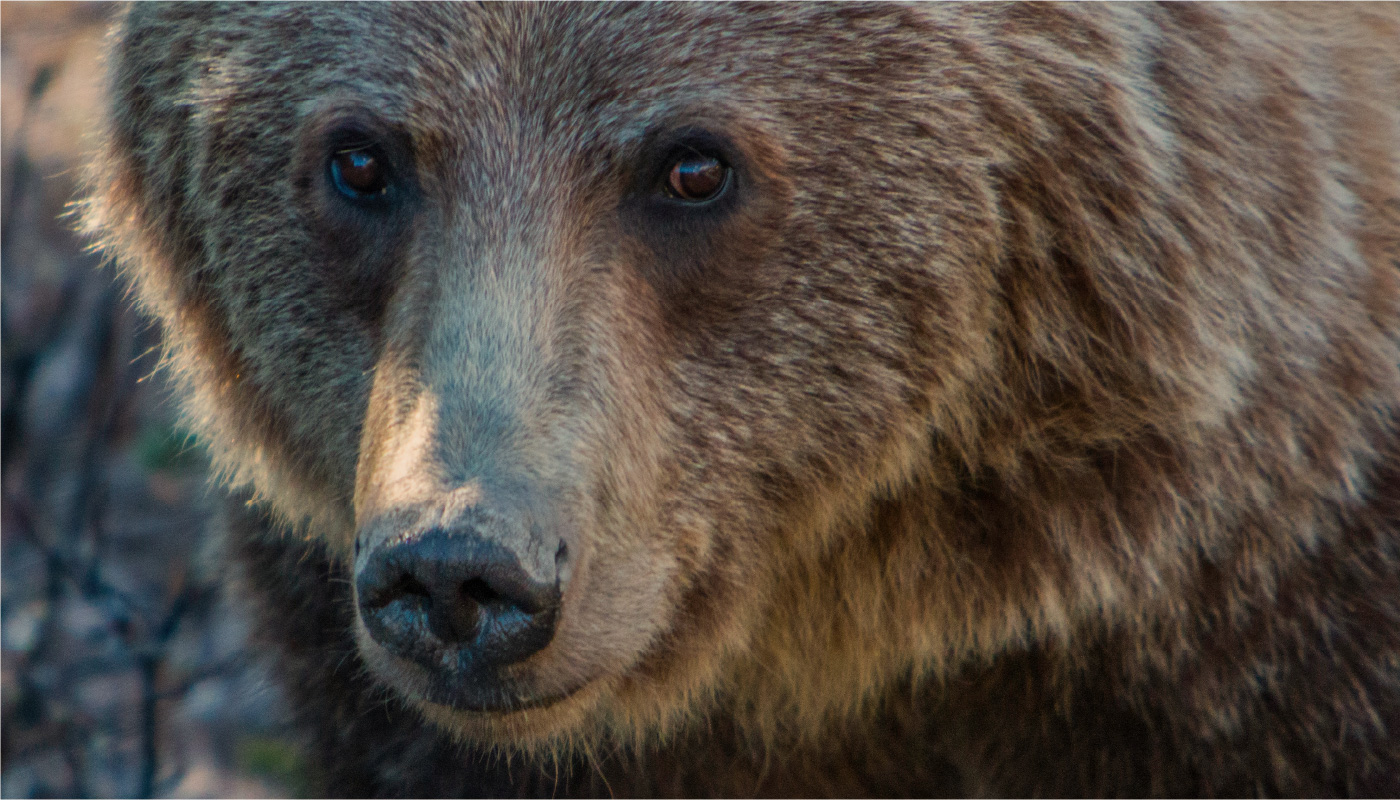Y2Y recognizes that energy production is an essential part of society, contributing to human well-being; however, it also can have significant negative impacts on ecosystems and societies, largely determined by the type, location and scale of development.
The Yellowstone to Yukon region is one of the most ecologically intact mountain ecosystems in the world and its natural values are core to the well-being of communities within and beyond the Y2Y region because of their intrinsic value and the benefits they provide to people.
Energy development, including fossil fuel exploration and development, wind farms and many hydro electric dams, has already heavily impacted some parts of the Yellowstone to Yukon region, resulting in wildlife habitat loss and fragmentation, and in some cases, inequitable distribution of benefits to and negative impacts on local and Indigenous communities.
Within this context, energy development within the Yellowstone to Yukon region needs to be very carefully considered to ensure it does not further undermine the region’s important ecological, social, economic and cultural values.
Climate change and habitat loss and fragmentation are the most significant threats to the ecological integrity of the Yellowstone to Yukon region and of earth itself, they are interrelated, and both result in negative impacts on human and ecological well-being, now and in the future.
Y2Y believes that energy development in the Yellowstone to Yukon region should generally emphasize renewable energy sources to contribute to the transition away from fossil fuels needed to mitigate climate change, and recognizes the important role that wind, solar, geothermal as well as some run-of- river hydroelectric energy can play in this transition.
However, we note that poorly designed, operated, or sited renewable energy infrastructure also can have significant negative impacts on ecological integrity.
Proactive planning and impact assessment of all energy developments is essential to avoid negative impacts on wildlife, ecosystems and communities.
For this reason, Y2Y has developed the following guidance for energy development in the Yellowstone to Yukon region:
- Proactive regional assessment of cumulative impacts should be completed before policy decisions are made for any proposed energy developments. These assessments should consider wildlife habitat and connectivity, climate change including adaptation and carbon contributions, as well as economic and community values and well-being.
- Assessments should be based on the best available multi-disciplinary scientific information and Indigenous knowledge and should be transparent and engage potentially impacted communities.
- Energy projects should avoid areas of high natural and cultural value and prioritize already disturbed areas.
- Maintaining or restoring the ecological and cultural integrity of the Yellowstone to Yukon region should be a priority objective in all energy project-related plans and assessments.
Last revised: December 2020

